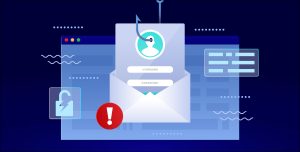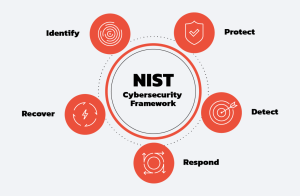Cybercriminals have stolen an outrageous collection of Norway’s social insurance information in a current information breach, which likely affects the greater part of the country’s population.
An obscure hacker or gathering of hackers figured out how to compromise the frameworks of Health South-East Regional Health Authority (RHF) and apparently stolen individual data and medical records of somewhere in the range of 2.9 million Norwegians out of the nation’s aggregate 5.2 million occupants.
Health South-East RHA is a medicinal services association that oversees medical facilities in Norway’s southeast area, including Østfold, Akershus, Oslo, Hedmark, Oppland, Buskerud, Vestfold, Telemark, Aust-Agder and Vest-Agder.
The healthcare organisation announced the data breach on Monday after it had been alerted by HelseCERT, the Norwegian CERT department for its healthcare sector, about an “abnormal activity” against computer systems in the region.
HelseCERT additionally said the guilty parties behind the information rupture are “progressed and proficient” programmers, despite the fact that it is as yet obscure with respect to whether they were figured out how to exfiltrate information effectively and provided that this is true, what number of individuals may have been affected.
So far there’s also no evidence if the stolen data theft has had any consequences for or effects on patients’ safety. However, the healthcare organisation assured that security “measures had been taken to limit the damage caused by the burglary.”
Why do hackers seek Medical data?
Computerized social insurance has been developing to fulfil the requests of associated healthcare services innovation that gives better treatment and enhanced patient care. We realize that any association with a PC is in danger from digital attacks both from criminals needing to extort money and state-supported hackers needing to cause chaos.
Since the social insurance area is a piece of the basic national framework, nearby water, power and transport, it turns into an appealing focus for hackers. Trust it or not, your medical records are worth more to hackers than your stolen Visa cards in the dark web markets.
Financial information has a limited life expectancy, however, the data contained in human services records—which incorporates names, birth dates, social security numbers, diagnosis codes, standardized savings number and charging data—has an any longer timeframe of realistic usability and is sufficiently rich for identity fraud.
Fraudsters can utilize this information to make fake characters to do every single illicit sort of stuff in your name, consolidate a patient number with a false supplier number and document fake cases with safety net providers, and even record fake government forms utilizing your stolen addresses, telephone numbers and business history.
If you are a one of those affected by the healthcare breach, you will have to remain vigilant against fraud for the rest of your lives, because the risk of identity theft isn’t short term, unlike in case of credit cards fraud.
























